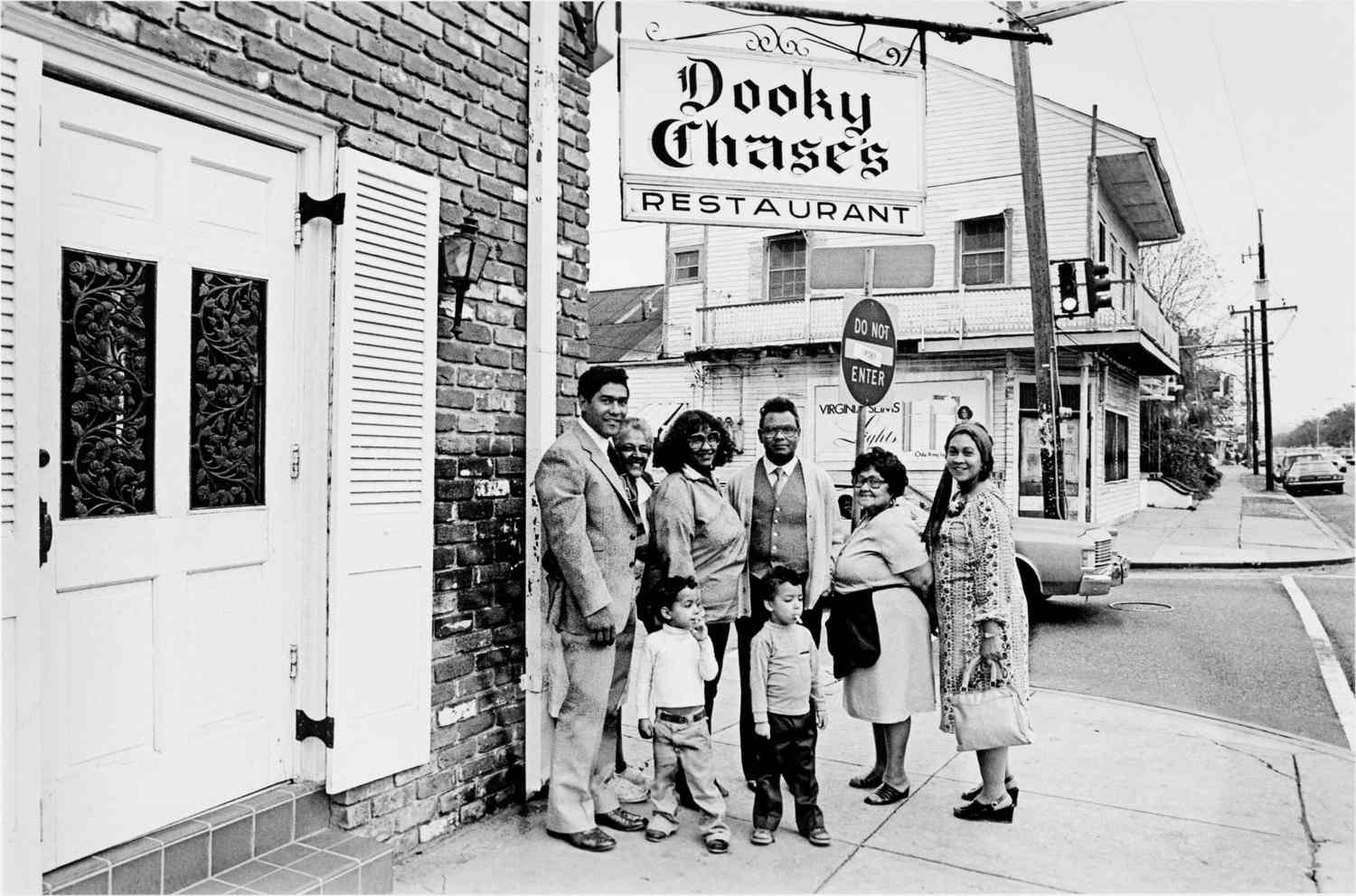Food, Resistance, and Revolution
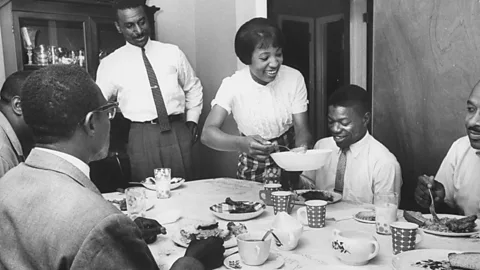
Throughout American history, civil rights restaurants played a crucial role not just in feeding communities but in fueling a revolution. These establishments were more than eateries—they were safe havens, planning hubs, and gathering spots where courage was served alongside cornbread and barbecue. During the civil rights movement, civil rights restaurants became sanctuaries where activists met, organized, and found strength. These iconic spots didn’t just serve food—they dished out hope and resilience in every meal. This blog explores five legendary civil rights restaurants that nourished the fight for equality and left behind a powerful legacy of unity and change.
1. Lannie’s BBQ Spot – A Civil Rights Restaurant in Selma, Alabama
A modest brick-and-siding building, Lannie’s BBQ Spot in Selma carries a legacy far beyond its famed ribs and tangy sauces. Established in 1942 by Lannie Moore Travis, this family-owned restaurant broke racial barriers by welcoming both Black and white patrons during a time of deep segregation. During the pivotal 1965 Selma to Montgomery march, it provided refuge and nourishment to many protestors fighting for equal voting rights. Floyd Hatcher, the founder’s grandson and current owner, proudly recounts how his grandmother opened her doors to civil rights activists, ensuring they had food, shelter, and solidarity.
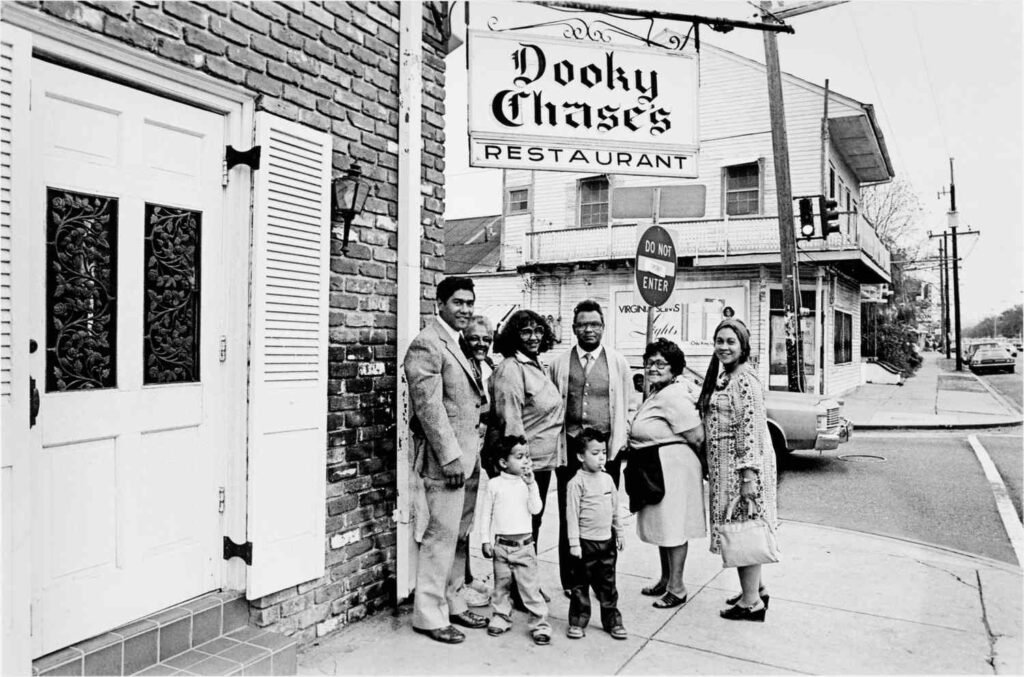
“Barbecue brings people together. Don’t care what race you are,” Hatcher says.
Lannie’s still operates today, serving up community spirit alongside its famed dishes, and reminding visitors of the critical role food played in the broader fight for justice.
2. Dooky Chase – A Legendary Civil Rights-Era Restaurant in New Orleans, Louisiana
Founded in 1941, Dooky Chase became a central gathering place for civil rights leaders during the 1950s and 60s. The restaurant, renowned for its traditional Creole cuisine, was more than a culinary icon—it was a safe meeting place for activists, including Thurgood Marshall, Martin Luther King Jr., and Oretha Castle Haley. Leah Chase, known as the “Queen of Creole Cuisine,” transformed its dining area into a cultural and strategic hub. While leaders planned marches and protests, Leah offered them food and a space free from discrimination.
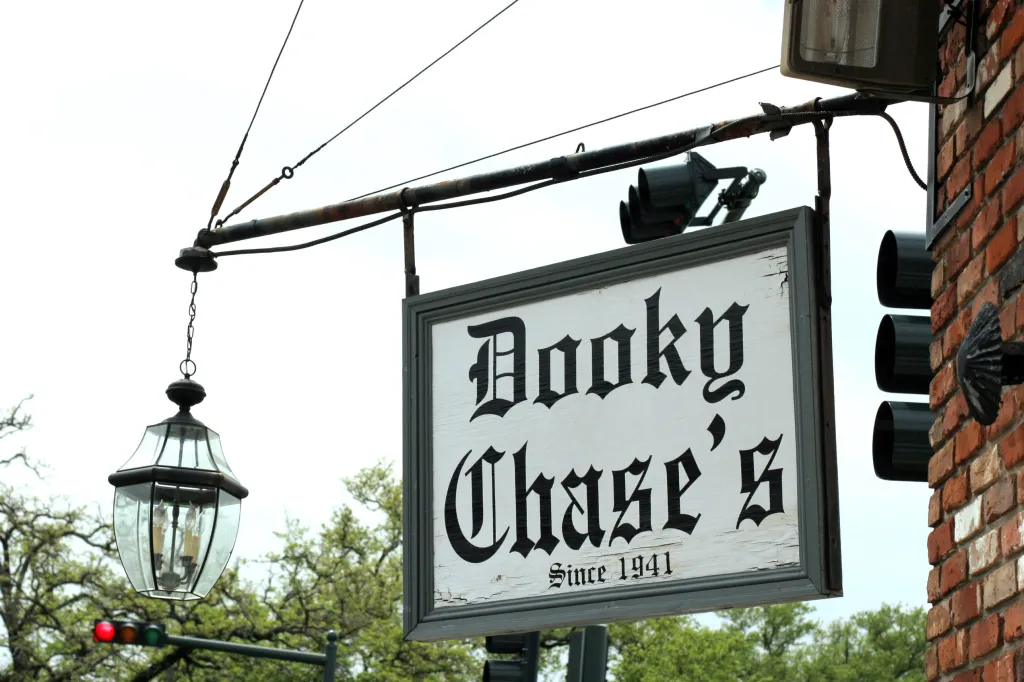
Today, the restaurant continues to serve its celebrated gumbo, fried chicken, and shrimp Clemenceau, while honoring its legacy of activism, artistry, and African American excellence.
3. Brenda’s Bar-B-Q Pit – A Historic Civil Rights Restaurant in Montgomery, Alabama
Brenda’s Bar-B-Q Pit has been a Montgomery mainstay since the 1940s, originally opening as the Siesta Club before becoming the famed barbecue joint it is today. During the Montgomery Bus Boycott, Brenda’s back room became a secret haven where activists gathered to strategize and print materials in support of the cause. The restaurant’s owner, Jereline Bethune, went beyond cooking—she also taught literacy classes to help African Americans pass the discriminatory voting tests imposed at the time.
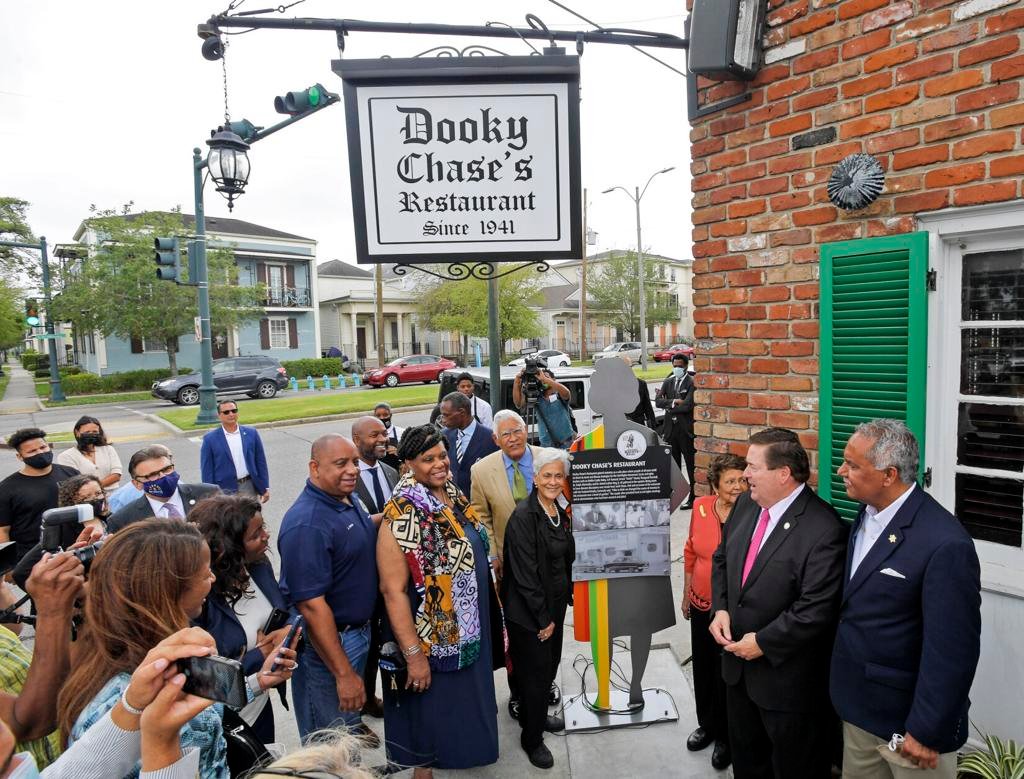
Despite its small size, Brenda’s Bar-B-Q Pit had a big impact on the movement. Visitors today can still enjoy top-tier barbecue while standing in a space that once powered one of America’s most iconic protests.
4. The Four Way Grill – Memphis, Tennessee
Situated in the historic Soulsville neighborhood, The Four Way Grill has been serving the Memphis community since 1946. Known for its classic soul food, the restaurant became a favorite for civil rights leaders, including Martin Luther King Jr., who dined here frequently before his assassination in 1968. Located near the iconic Stax recording studio, The Four Way was both a cultural and political hub.
With dishes like fried catfish, candied yams, and cornbread, The Four Way offered more than comfort food—it provided a comforting environment for activists needing a moment of peace amid the struggle for equality. The restaurant remains a powerful landmark where food and history intersect.
5. Paschal’s Motor Hotel and Restaurant – Atlanta, Georgia
Paschal’s has earned the title of the unofficial headquarters of the civil rights movement. Founded in 1947 by the Paschal brothers, the restaurant and adjacent motel hosted countless activists, including Dr. King, Andrew Young, and Ralph Abernathy. The brothers regularly covered the cost of meals, bail, and lodging for protestors. Known for its famous fried chicken, Paschal’s was not just a place to eat but a strategic meeting point where campaigns and marches were born.
Now located in the Castleberry Hill Arts District, the restaurant continues to serve Southern staples and keeps its revolutionary history alive.
6. Big Apple Inn – Jackson, Mississippi
Big Apple Inn, famous for its pig ear sandwiches and Mississippi hot tamales, holds a special place in the history of civil rights. Located on Farish Street, once the epicenter of Black life in Jackson, the restaurant provided more than food. In 1954, Medgar Evers, the NAACP’s Mississippi field secretary, set up his office above the restaurant. From there, he orchestrated efforts to desegregate schools, parks, and public beaches across the state.
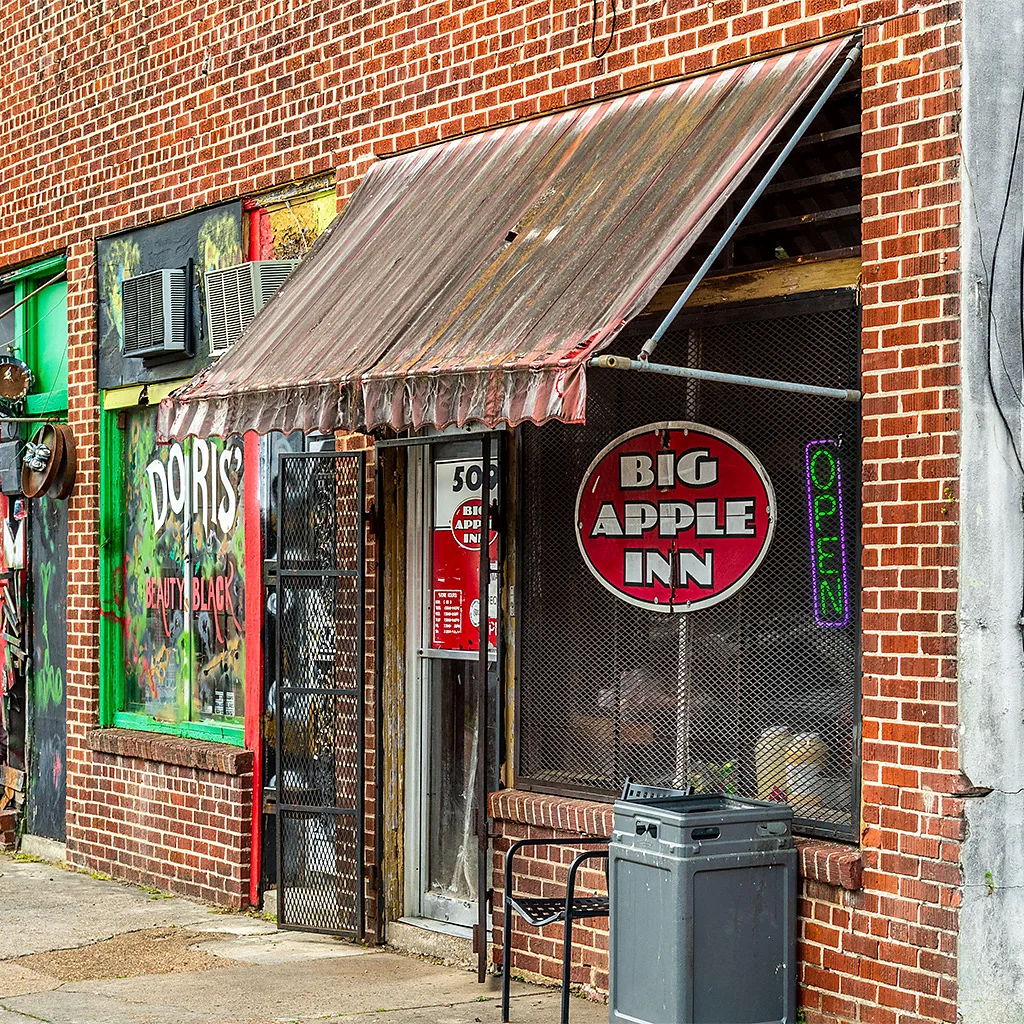
While many historic businesses have closed, Big Apple Inn continues to operate, serving food that not only satisfies the appetite but also tells a story of resilience, community, and leadership.
Food as Resistance and Memory
Food was—and still is—a powerful tool for change. According to Bobby J Smith, associate professor of African American studies at the University of Illinois Urbana-Champaign, these restaurants provided more than nourishment. They created spaces of resistance, education, and hope.
“Food expands the story of the civil rights movement. It introduces new characters and allows us to recognize the unsung heroes—often women—who risked their livelihoods to support the fight.”
These eateries were not passive backdrops; they were active participants in a revolution. They fed the people who shaped history and served as quiet anchors of strength in turbulent times.
Preserving Culinary Landmarks
As America faces challenges around the preservation of Black history—including funding cuts and educational censorship—it’s more important than ever to safeguard these cultural touchstones. Restaurants like those listed here provide not only culinary excellence but a living history that demands recognition.
When you step into any of these establishments, you are not just ordering food; you are entering a space shaped by courage, sacrifice, and an unwavering belief in justice.
Eating with Purpose
Visiting these historic restaurants that fed the civil rights movement is more than a culinary journey—it’s a pilgrimage into a shared history. With every bite, you honor the activists who found strength around those tables and the cooks who used their kitchens to stir change.
Whether it’s a pig ear sandwich in Mississippi or gumbo in New Orleans, these meals carry the flavors of resilience, the taste of freedom, and the memory of a movement still shaping the present.
